SUMMARY
This is AI generated summarization, which may have errors. For context, always refer to the full article.
![[OPINION] Cure for infodemic: More power to netizens, not states or corporations](https://www.rappler.com/tachyon/2021/07/troll-farm-july-16-2021-sq.jpg)
Rappler head honcho Maria Ressa, in accepting her Nobel Peace Prize on October 9, 2021, called a spade a spade. She said Facebook algorithms “prioritize the spread of lies laced with anger and hate over facts.”
The Philippines has the world’s most avid users of social media, according to advertising firms We Are Social and Hootsuite. With this and in the context of the upcoming May 2022 elections, coordinated “fake news campaigns” on online platforms are becoming a threat to democracy.
In the East and Southeast Asia, the primary response of governments to disinformation is to take down content and prosecute individual “criminals” in a sniper approach, with a shift toward a more dangerous carpet-bombing “Gateway” solution.
With these, fears have risen that the personal data of users may be shared by internet service providers (ISPs) with government agencies, which will then be used to prosecute individuals over even private expression of opinions, a guaranteed basic human right.
Instead of being threatened, freedom of expression must be safeguarded through privacy and data protection laws.
Countries in the region have routinely used provisions from traditional laws such as their penal code, public order, and national security law to combat “fake news.” For instance, in Cambodia, Articles 494 and 495 of the Penal Code criminalize statements that authorities believe to be an incitement to commit a felony.
Criticism directed at public officials – a fundamental right of citizens – has often been framed in tandem with fake news and criminalized under this provision.
Since 2017, highly problematic “fake news” legislation has been either enacted or proposed all over the region. Typically activated under emergency circumstances in East Asia, most governments in Southeast Asia have drafted or passed so-called “fake news” laws. The Malaysian 2019 Anti-Fake News Act punishes offenders found guilty of “creating, offering, publishing […] fake news” and “failing […] to remove publication containing fake news” with up to $121,000 in fines and up to 10 years of imprisonment.
The pandemic health crisis and its subsequent “infodemic” have also prompted specially designed temporary legislation. For example, the Thailand State of Emergency Decree, declared on March 26, 2020, further empowers authorities to prosecute the spread of false information under the Computer Crime Act of 2015, which prohibits “news […] containing content or information of the situation of Coronavirus (COVID-19) which is false or may instigate public fear.”
The above laws severely constrain freedom of expression. They offer easy avenues for governments to prosecute their opponents and crack down on criticism and dissent. And while they only restrict freedom of expression at the individual level, the “Gateway” system – operated in Russia, China, Myanmar, or Cambodia – has an indiscriminate reach and is extremely invasive to the privacy of internet users.
In this emerging era of “Gateways” that control the entirety of domestic internet infrastructure, two major legislations are needed: data protection and privacy laws, and access to information laws.
First and foremost, a data protection and privacy law should set a clear, written boundary for data usage to limited and specifically stated purposes. It should prevent the misuse, or unauthorized use, of personal data by third parties. It should also provide more stringent legal protection for sensitive information such as religion or beliefs, political opinion, and ethnic background.
Existing data protection and privacy provisions across penal, civil, telecoms, and other codes, should be streamlined into a comprehensive data protection law consistent with international human rights standards.
The other part of the equation and a vital complement that would fend off a culture of self-censorship is access or right to information (RTI) legislation. Strong RTI laws serve to, among others, enhance democratic participation, transparency, and a sense of accountability from government. While Asia has seen an uptake in RTI laws since 2000, many have suffered from lack of adherence to international human rights standards.
Hence, revisions to RTI laws are timely and much needed. Some aspects that would tighten the law and bring them closer to international standards include: a duty of public authorities to provide information, an internal appeals process to challenge refusals, and an external review process such as review by an Ombudsman. National security exemptions must also be defined in the strictest sense of the term with strong protections given to whistleblowers.
At the Philippine legislature, in support of RTI, I have asked for an investigation into troll farms and the spread of fake Facebook accounts. Social media giants must step up and clean up their platforms of criminal activity, for instance child pornography, prostitution, and other forms of sexual abuse and exploitation. Because of these, it has been said that these social media platforms are crime scenes.
In my personal capacity, I have filed cyber libel cases against two YouTube channels for spreading lies about me and my family. A separate case against the Philippine country manager of Google has also been filed for allowing its social media platform YouTube to spread these fake news videos in violation both of existing laws and its own community, safety, and copyright guidelines and policies.
To sum up, internet censorship has moved from denial of access to critical content to wholesale surveillance and shutdown of the internet infrastructure. This poses a new and stronger challenge to the preservation of freedom of expression. To meet the new challenge, policymakers must adopt strong data protection and privacy laws, as well as access to information laws, while reconciling with international human rights laws.
In the meantime, attention to disinformation campaigns in the run-up to and during the 2022 presidential elections in the Philippines and actions to curb them are needed. – Rappler.com
Francis “Kiko” Pangilinan is a Philippine senator, president of the Liberal Party, and chairperson of the Council of Asian Liberals and Democrats. He is running for vice president in the upcoming 2022 Philippine presidential elections.
Add a comment
How does this make you feel?
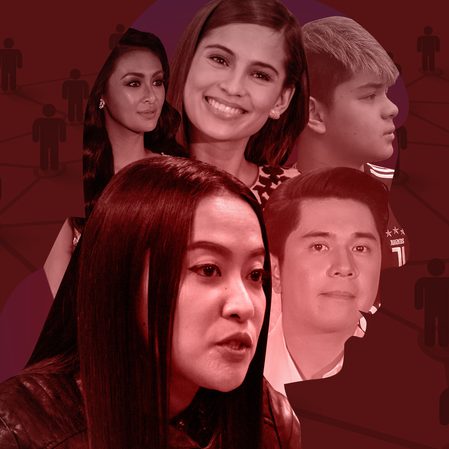

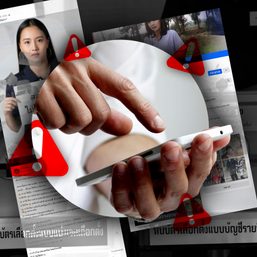
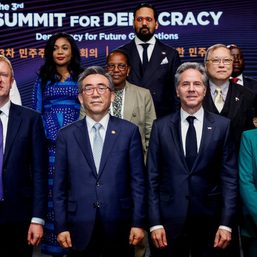
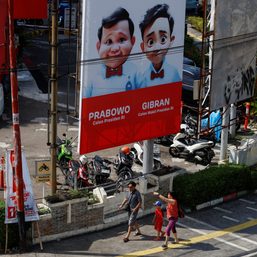
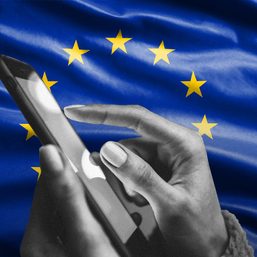
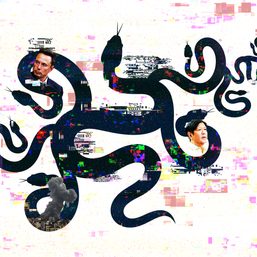




![[Newspoint] Fake press, undeserved freedom](https://www.rappler.com/tachyon/2024/04/newspoint-fake-press-undeserved-freedom-April-5-2024.jpg?resize=257%2C257&crop=318px%2C0px%2C720px%2C720px)
There are no comments yet. Add your comment to start the conversation.